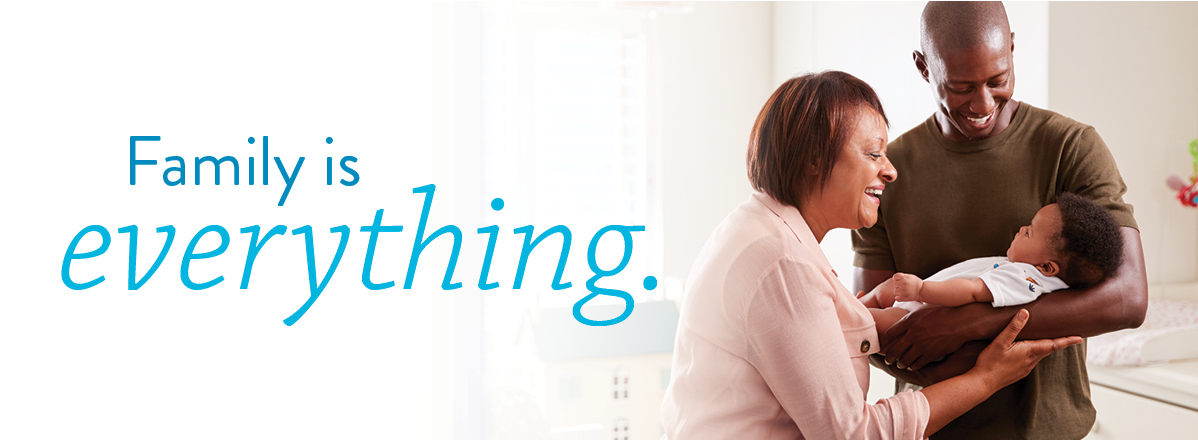



EARLY DETECTION CAN SAVE LIVES
Colorectal cancer has the highest rate of incidence and death among African-Americans when compared to all groups in the United States. If you're 45 or older and symptom free, it's time to get screened for colorectal cancer. If you are at increased risk due to personal or family history, ask your doctor if you should begin screening earlier than age 45. You have several screening options, including simple at‑home tests.
Colorectal cancer is the third most common cancer diagnosed in both men and women in the United States and the second leading killer. If you're 50 or older, it's time to get screened. If you believe you are at increased risk due to personal or family history, ask your doctor if you should begin screenings earlier than age 50. There are several screening options, including simple at‑home tests.
TALK TO YOUR DOCTOR
SCREENING OPTIONS

Colonoscopy
Using a colonoscope, a flexible tube with a light and small video camera, the doctor looks at the entire length of the colon and rectum. A clear liquid diet and colon cleanse is required the day before. You will be sedated during the procedure. The doctor will take tissue samples or remove any polyps. The test is done every 10 years or more frequently based on the findings.

Cologuard®
Done in the privacy of your home, you'll get a kit in the mail for collecting a stool sample. It'll have detailed instructions and everything needed to collect and ship the sample. The test looks for abnormal sections of DNA from cancer or a polyp. No drug or dietary restrictions are needed. If something is detected, a colonoscopy will be needed. The test is repeated every three years.

Fecal immunochemical test (FIT)
This test looks for hidden blood in the stool. For this test, small amounts of stool are collected on cards – or in tubes – in the privacy of your own home. There are no drug or dietary restrictions the day before the test. If results are positive, a colonoscopy will be needed. This test is repeated yearly.


THE FACTS
- Most colorectal cancers occur in people with no family history of the disease
- Chances of getting colon cancer increase with age
- Colon cancer can be prevented or found early when it's more treatable
- Colon cancer often starts with no symptoms
Take a Risk Assessment
Knowing your risk for colorectal cancer will help you and your doctor determine which testing option is best for you.
Start the Conversation
Not sure what to ask your doctor? Click below for a list of questions to discuss with them.
Know the Difference
It's important you know the difference between a screening colonoscopy and a diagnostic colonoscopy.
Schedule an Appointment
Schedule an appointment with your primary care doctor to discuss what screening option is best for you. If you don't have a primary care doctor, find one near you.
SCHEDULE TODAY
